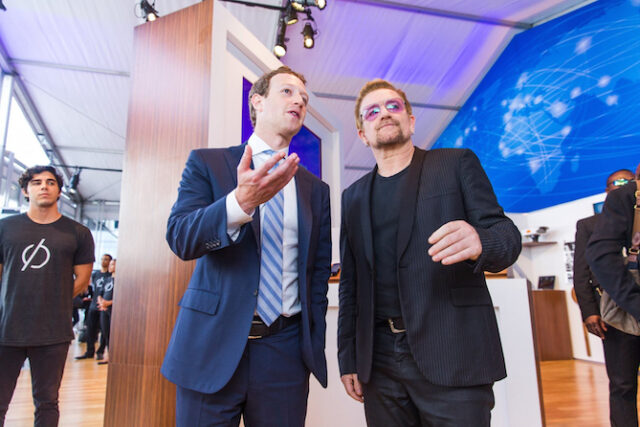It’s easy for those of us with internet connection to take it for granted. I’m in New York right now, and my visit would be a washout without connectivity and my phone. The map on it gets me around the city. It keeps me connected to my colleagues – and my family back home, when we catch up by video call. It connects me to the information I need and the people I love.
I’m here in New York because this week, world leaders have agreed the Global Goals: ambitious global commitments to end poverty and hunger, bring healthcare, education, and energy to all, and protect our planet. And there’s a target in the Global Goals to connect the poorest people in the world to the internet by 2020.
So when people don’t have enough food, education, healthcare, isn’t access to the internet a luxury that comes later? The answer is an emphatic ‘no.’
Because when people have a connection to the internet, information is available to guide decisions that can keep them safe, and make them better off. The internet can educate and help communicate. Farmers can plan for the weather, and watch the prices of goods in the market. Families can receive remittances from relatives overseas. Microcredit transactions can give people a digital and financial identity, and bring them into the local economy. Women can gain power in their lives.
Connectivity can mean that people living in poverty are empowered to make their own decisions, to have access to nutritious food, a home, and to be free to express their opinions.
This is especially important for girls and women – poverty is sexist and so, as it turns out, is access to the internet in the poorest countries. Women in the developing world are less likely than men to own a mobile phone.
Right now, we are too far off: In developing countries, only 2.1 billion people (35% of a total of 6 billion) are using the internet [1] leaving the other 3.9 billion (65%) of people in developing countries offline.
The results of connectivity could be huge. Internet connectivity could generate $2.2 trillion of economic growth and more than 140 million new jobs. [2] If everyone had access to the internet, the opportunities opened up to them could increase lift 160 million people out of extreme poverty,[3] the improvements in health care could help save the lives of 2.5 million people [4], and 2.5 million HIV/AIDS patients could increase their life expectancy thanks to better monitoring and adherence to treatment. [5]
If we galvanize, organize, and energize, we can save these lives and boost economies.

Mark Zuckerberg, left, and Bono at an innovation space at the United Nations. Photo credit: Facebook
So should everyone have the right to the internet?
We think so; that’s why we are spearheading a campaign, backed by Bono, Mark Zuckerberg, Bill and Melinda Gates and many more to ensure that everyone can get access to the internet.
This is no small task. It’s not just about having a smartphone and some mobile coverage. It’s about having the education to be able to use the internet, the energy to power up your computer, the freedom to learn and connect with people and businesses from all over the world.

